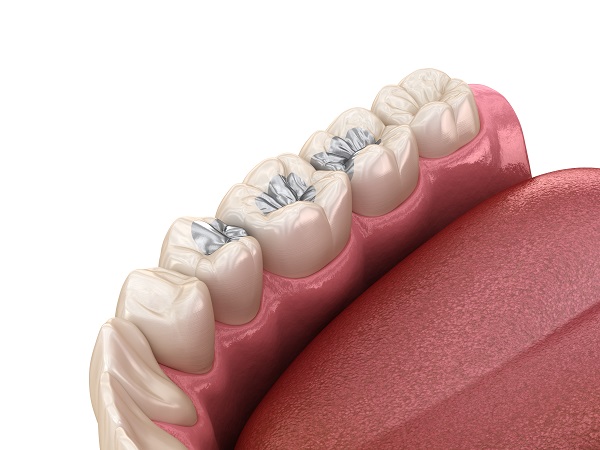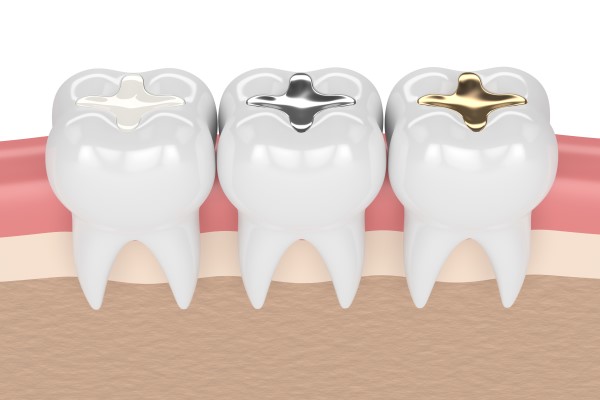Answers to Questions about Dental Sealants

For extra protection against tooth cavities, dental sealants are an ideal option to consider. Dental cavities are one of the most common dental issues that affect both adults and children. Sometimes, brushing and flossing are not enough to protect the teeth from decay. Regular checkups are also important; during one of these appointments, the dentist might recommend and provide dental sealants. This article answers some of the questions patients often have about the procedure.
What are dental sealants?
Dental sealants are thin coatings applied over the chewing surfaces of the molars and premolars to stop tooth cavities. It is essentially a covering for the tooth’s surface to keep out food particles that are sometimes hard to remove from the pits and fissures when brushing. The sealant is white, transparent or somewhat tinted. Therefore, it is indistinguishable on the teeth when the person speaks or smiles.
Is the process painful?
The dental sealant application is simple and causes no pain. The dentist will clean the tooth properly and apply a gel on the tooth’s surface for several seconds. The tooth is rinsed afterward and dried. Then, the sealant material is applied to the tooth enamel where it bonds directly and hardens. In some cases, the dentist may use a curing light to harden the sealant into a protective shield.
How long do dental sealants last?
Sealants are highly durable. They can survive up to 10 years with proper maintenance. Patients need to visit the dentist for regular dental checkups to prolong the lifespan of the sealants. If the sealants break, the dentist can reapply or replace the sealants.
Who is an ideal candidate for sealants?
Generally, dental sealants can serve preventative purposes for everyone. Kids who are developing teeth can get their teeth sealed to prevent early occurrences of tooth decay. Teenagers who are susceptible to cavities can also get sealants to cover their permanent teeth. Even adults can get a dental sealant, although they tend to ignore the importance of this preventative treatment. A decayed tooth affects more than just oral health–it impacts general well-being as well. Patients can discuss with their dentist to know if dental sealants would be beneficial for them.
Will dental sealants change the tooth?
The good part of sealants is that they blend in with the teeth. The layer is thin and does not change how the tooth feels. The dentist will check to make sure the bite remains the same. In the first few hours or days after getting the sealant, the tongue may feel the difference, but it will become familiar soon enough. There are no known side effects of using sealants, except allergic reaction, but even this is rare and not harmful.
Final note
The earlier you get dental sealants, the better. Undergoing the procedure now will prevent you from eventually having to get dental restorations to repair a decayed tooth. The sealants will work as a practical preventive measure to prevent dental issues. As they say, prevention is better than cure. If you have additional questions, book an appointment with the dentist.
Request an appointment here: https://artofdentistrytx.com or call Art of Dentistry at (817) 550-0134 for an appointment in our Arlington office.
Check out what others are saying about our dental services on Yelp: Dental Sealants in Arlington, TX.
Recent Posts
Dental sealants offer patients a powerful defense against cavities. General dentists present this option to patients who need a little help preventing tooth decay. According to the American Dental Association, sealants are safe.Dental sealants provide extra protection to teeth, especially for those more prone to tooth decay. Preventing decay is essential to one's good oral…
Your dentist might recommend dental sealant if some of your teeth are vulnerable to decay. These restorations serve as a barrier that keeps food particles, bacteria, and acids out of the grooves of their biting surfaces.Oral bacteria feed on the sugars in food particles stuck on teeth after meals, and they excrete acids that cause…
Dental sealants are an effective preventive treatment against tooth decay that are commonly associated with children and young adults. But what about adults? Continue reading to learn about dental sealants for adults and the purpose the treatment serves.Tooth decay and gum disease are the major causes of tooth loss in adults. The two conditions are…
Preventive dentistry can support your efforts to keep your mouth healthy, including practicing good oral hygiene, eating a balanced diet, and avoiding things that can damage your teeth and gums. Good oral hygiene goes a long way in helping to prevent common dental issues, such as tooth decay and gum disease, but sometimes it is…


